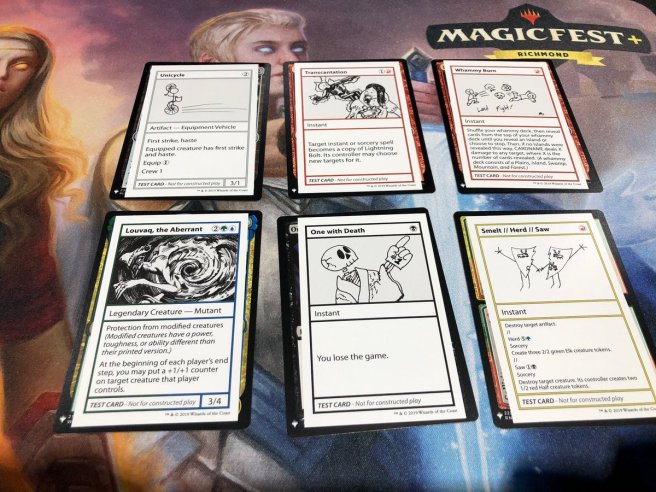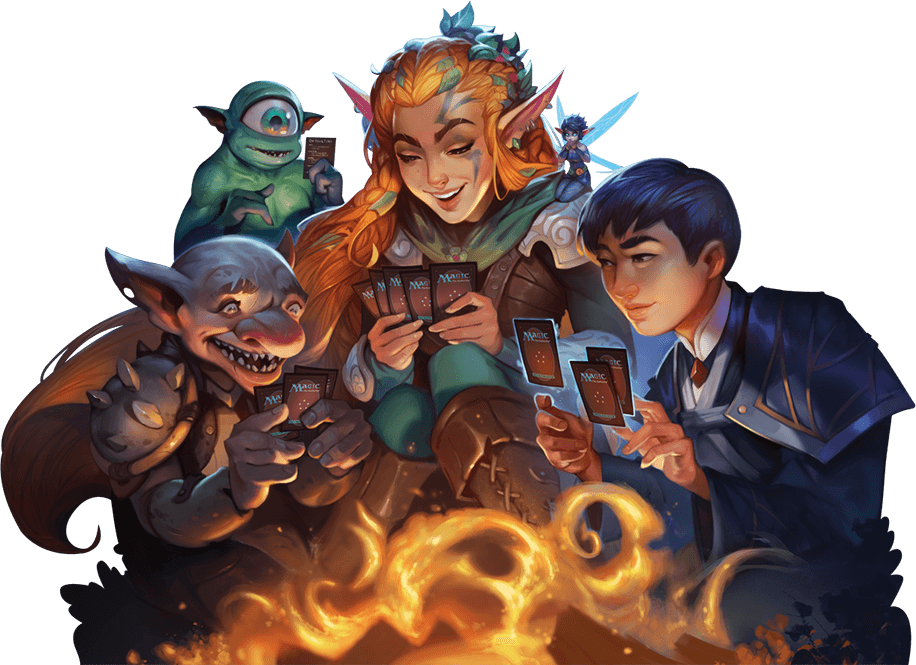Card games can be exorbitantly expensive. If you’re looking to play high-powered competitive decks, you’ll pay a pretty penny to stay updated with the latest power cards for tiered decks. High card prices can make TCGs seem like ‘pay-to-win’ games and be a massive turn-off for some audiences. Some people have turned to proxies for their card game needs to circumvent this. We recently held a poll on our Facebook page with results showing overwhelming support for proxies. The proxy debate has been running since proxies came about, and we want to see both sides of the story and why it heavily impacts the TCG community.
Know Thy Enemy: Proxies vs Counterfeits


Understanding the difference between proxies and counterfeits is crucial, as they serve distinct purposes and carry different implications. Proxies, often created by players or provided by game designers, are primarily used for testing and casual play. Tournament officials can also provide them for damage or any other issues with a card in your registered deck. They are not intended to deceive or replicate original cards and are usually distinguishable from authentic cards. Proxies act as substitutes for cards a player may not own or is testing for inclusion in their decks. Counterfeits, on the other hand, are replicas of cards designed to deceive. They are created to perfectly mimic the appearance and characteristics of real cards, making them indistinguishable from the original. Counterfeits are typically made for financial gain and sold as original cards to unsuspecting buyers.
This reveals the key differences between counterfeits and proxies in their use, appearance, and intent. While both involve the use of alternative representations of cards, their purposes and implications are fundamentally different.
Proxies in Casual Play

TCGs are not just about the cards; they’re about the community. We gather with friends to play, with everyone bringing their respective decks. While some of us are interested in the collecting aspect of the game and take pride in rare finds and exclusive cards, others can lean more towards skill expression through deck building and playing the game. On either side, proxies can help be stand-ins for expensive pieces of a collection that we would rather not be playing with every day, and testing pieces can help players quickly swap between cards during playtesting to find the appropriate piece they need. This shared interest and camaraderie is what makes TCGs so unique.
Proxies in Tournament Play

Tournament play is the most notorious setting for the debate about proxy use. Proxies are often depicted as illegal in tournaments to preserve the game’s authenticity by ensuring that players have authentic cards that are originally produced. However, this statement can cause players to believe that tournaments are then pay-to-win. Does this mean that the entire point of tournaments is to force players to spend money on cards? In short, yes. The proxy debate hinges on the user’s intent: do you want to play casually with a couple of friends? Proxy away! There shouldn’t be anything stopping you from that. Are you trying to play in a tournament with proxies? Sorry, you have to buy or borrow some cards. Understanding that the production of your game is tied to other people’s work is critical for investing in the cards you buy. It allows local game stores to purchase products from their suppliers, allowing creators to make new products for the games. Signing up for a tournament with proxied cards cuts that tie and shows your commitment to the game.
In the end, we’re all just trying to enjoy the game we love. To do that best, we try not to step on each other’s toes, and understand where each player is coming from. The proxy debate hinges on the intent of the player, and it’s in our best interest to foster a community that promotes good will, and avoids the use of counterfeits by properly marking proxies and making the distinguishable from the real thing.
If you’re new to Magic, try Commander! It’s a great format to play with your friends. Check out this list of some strong commanders that can really test your playgroup’s skill.





